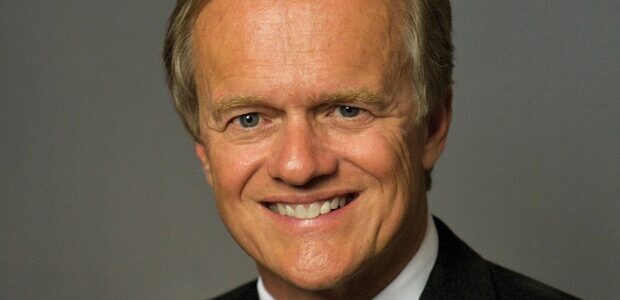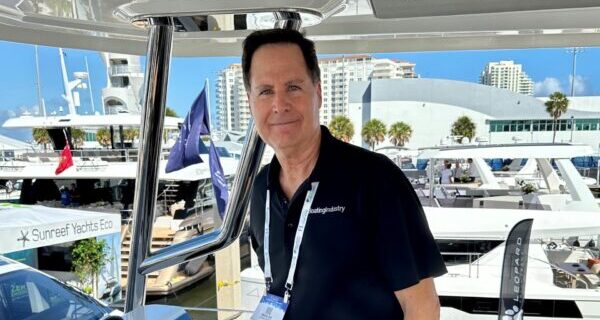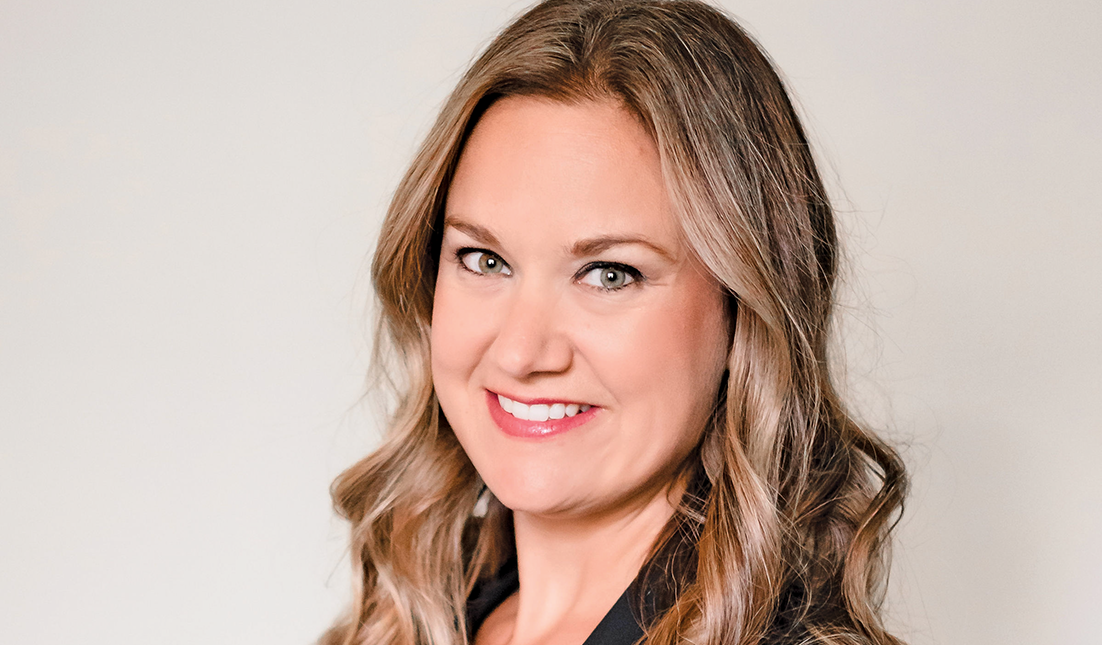Busyness is the new status symbol

Everyone seems busier these days. Since the Great Recession, employees and owners have had to take on more work to get the job done. Everyone is doing more with less.
Now, in a recent article in Harvard Business Review, researchers argue that “busyness” has become a status symbol in America, more important than the “conspicuous consumption” of recent decades.
Researchers from Columbia, Georgetown and Harvard universities said in the article, which is based on a forthcoming paper in the Journal of Consumer Research, that this message is being reflected in the marketing of consumer products as well. (Something worth considering when creating your marketing message.)
“Luxury goods are losing signaling value” as more people can afford them, Silvia Bellezza, a professor of marketing at Columbia University who co-authored the paper told the Washington Post. Talking about a scarcity of time is “a more nuanced way to display [importance] that doesn’t go through conspicuous consumption. It’s implicitly telling you that ‘I am very important, and my human capital is sought after, which is why I’m so busy.’ ”
The authors conducted a number of experiments asking respondents for their opinions of hypothetical people. Those that were busier or seen as using products that save time were perceived as higher status. For example, someone who uses Peapod to buy their groceries online was seen as having higher status than a shopper at Trader Joe’s and equal status to a high-end brand like Whole Foods:
“In general, we found that the busy person is perceived as high status, and interestingly, these status attributions are heavily influenced by our own beliefs about social mobility. In other words, the more we believe that one has the opportunity for success based on hard work, the more we tend to think that people who skip leisure and work all the time are of higher standing.”
This presents two separate issues for companies in the boating industry, one as an employer and one as a provider of leisure products.
Most importantly, what is our position in a marketplace that says leisure is bad? That doesn’t bode well for boating, but it does point to the continued importance of boat clubs and concierge service that caters to the busy consumer. A marketing message around the idea of “We know you’re busy. We take the headaches out of boating” would seem to be one that would make good sense these days.
Secondly, it’s worth thinking about how you run your company. Who gets recognized for a job well done? Is it the person who’s putting in long hours or the person who does the best job? As any of us who manage people know that’s often not the same person. I’ve had plenty of people work for (and with) me over the years who put in the long hours, but never seem to get as much done — or do it as well — as the employee who puts in “only” 40 hours a week. Don’t reward busyness just for the sake of busyness.




